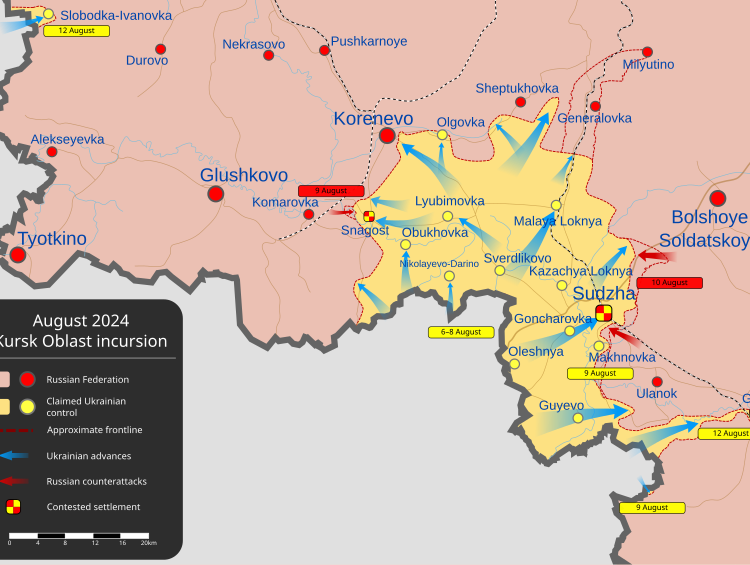How Hamas’s leader outsmarts high-tech surveillance with old-school tactics
- Yahya Sinwar, Hamas’s leader, uses low-tech communication methods to evade Israeli intelligence.
- Sinwar relies on couriers, coded messages, and handwritten notes instead of electronic communications.
- His communication system was developed during his imprisonment in Israeli jails.
- Israeli military has struggled to locate Sinwar despite extensive intelligence capabilities.
- Sinwar’s cautious communication approach has complicated cease-fire negotiations.
Yahya Sinwar, the leader of Hamas, has managed to stay alive and evade Israeli intelligence through a sophisticated low-tech communication system. This system, which he honed during his time in prison, relies on couriers, coded messages, and handwritten notes, allowing him to direct Hamas operations while hiding in underground tunnels. Unlike other militants who have fallen victim to electronic surveillance, Sinwar avoids phone calls and text messages that could be tracked by Israeli forces. nnIsraeli military efforts to capture or kill Sinwar have been largely unsuccessful, even with their advanced intelligence capabilities. Since the outbreak of war in Gaza last fall, Sinwar has not been seen in public, and Israeli officials believe he is in hiding within Gaza. Arab mediators involved in cease-fire talks have provided insights into Sinwar’s communication methods, which involve a chain of trusted couriers and coded messages tailored for different recipients and situations. nnThe complexity of Sinwar’s communication has increased as Israel has successfully targeted and killed other high-ranking Hamas officials. Following the assassination of Saleh al-Arouri, Hamas’s deputy political leader, Sinwar shifted almost entirely to handwritten notes and oral communication, sometimes using voice recordings shared among a small circle of aides. nnSinwar’s communication style reflects a return to the early methods used by Hamas, which he adopted during his imprisonment in 1988. He founded Hamas’s internal security police, Majd, which was responsible for hunting down suspected collaborators and distributing encoded messages within prisons. nnAs the conflict continues, access to Sinwar has become crucial for Hamas, especially after the assassination of Ismail Haniyeh, the group’s political leader in Tehran. Sinwar’s cautious approach has sometimes delayed cease-fire negotiations, which have resulted in significant casualties on both sides. nnDespite the challenges, Sinwar has demonstrated an ability to communicate effectively when necessary, sending condolences and messages in real time during critical moments. However, his reliance on low-tech methods means that one mistake could expose him to Israeli forces, highlighting the precarious balance he maintains in his leadership role.·
Factuality Level: 7
Factuality Justification: The article provides detailed information about Yahya Sinwar’s communication methods and the context of the ongoing conflict. While it presents a lot of factual content, some sections may contain assumptions or interpretations that could be seen as biased or lacking in direct evidence. Overall, it maintains a reasonable level of factual accuracy but could benefit from clearer sourcing and less speculative language.·
Noise Level: 7
Noise Justification: The article provides a detailed analysis of Yahya Sinwar’s communication methods and their implications for the ongoing conflict, supported by expert opinions and historical context. However, it occasionally veers into excessive detail and speculation about his strategies, which may detract from the main focus.·
Key People: Yahya Sinwar (Hamas’s top leader), Michael Milshtein (former head of Palestinian affairs for Israeli military intelligence), Saleh al-Arouri (Hamas’s deputy political leader), Mohammed Deif (Hamas’s top military leader), Ismail Haniyeh (Hamas’s political leader at the time), Fuad Shukr (core Hezbollah leader), Azmi Keshawi (researcher at International Crisis Group), William Burns (Central Intelligence Agency Director), Benjamin Netanyahu (Israeli Prime Minister)
Financial Relevance: No
Financial Markets Impacted: The article discusses the leadership and communication strategies of Hamas’s top leader, which may indirectly affect geopolitical stability but does not directly impact financial markets or companies.
Financial Rating Justification: The article focuses on military and political strategies rather than financial topics, making it irrelevant to financial discussions.·
Presence Of Extreme Event: Yes
Nature Of Extreme Event: Armed Conflicts and Wars
Impact Rating Of The Extreme Event: Catastrophic
Extreme Rating Justification: The article discusses the ongoing war in Gaza, which has resulted in over 41,000 Palestinian deaths and significant military actions, indicating a severe humanitarian crisis and extensive loss of life.·
Move Size: No market move size mentioned.
Sector: All
Direction: Neutral
Magnitude: Medium
Affected Instruments: No
 www.wsj.com
www.wsj.com 




